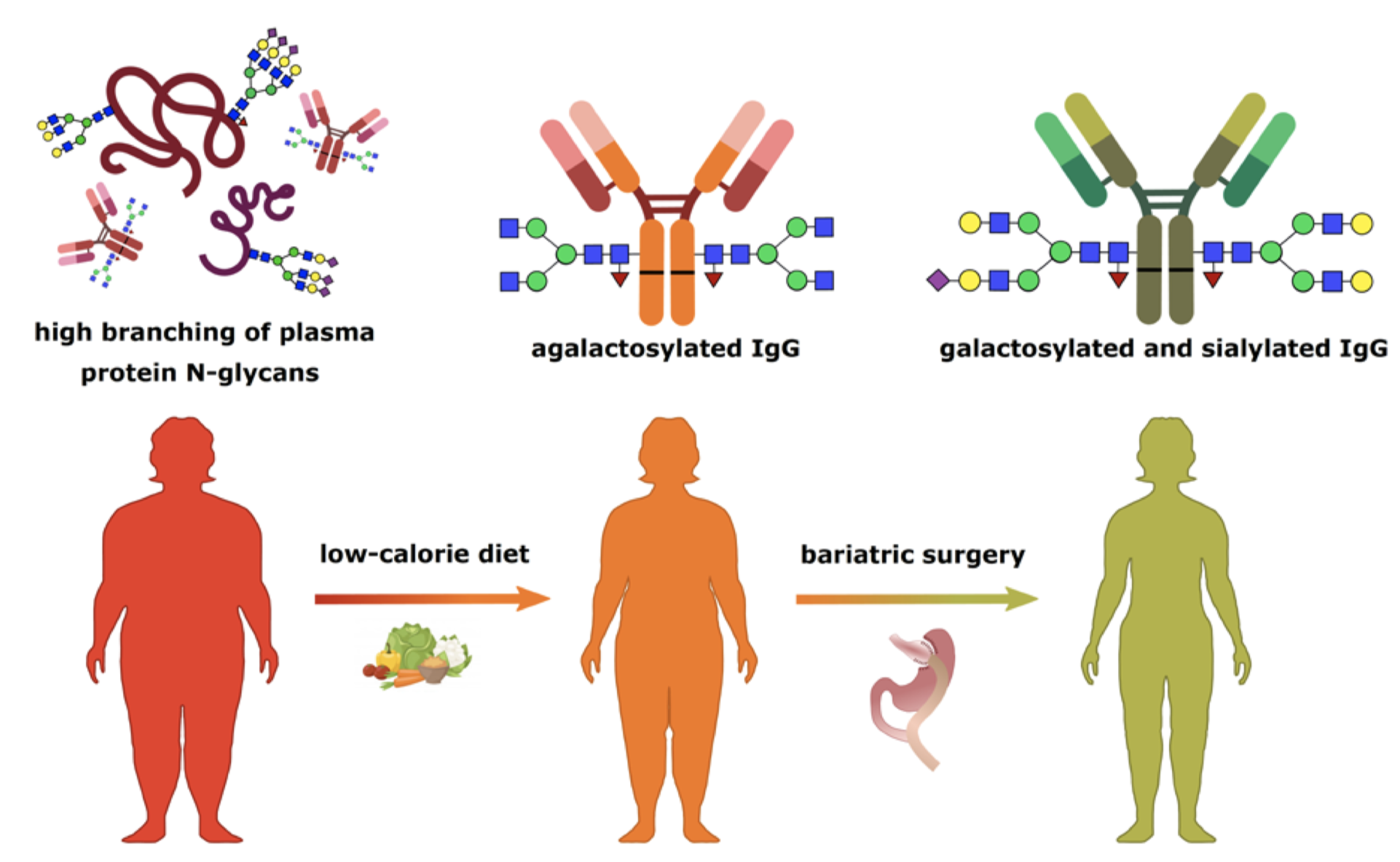 Health
HealthBoost Your Immune System, Change Your Glycome
One of the key ways to fight any disease, which seems to have slipped our minds, is making our immune system stronger

By Ana Cvetko

Obesity, known as a BMI of 30 and above, is one of the major global health problems. Recently, with the ongoing global spreading of COVID-19, obesity is the most talked-about risk factor of the COVID-19 severity, alongside with old age and cardiometabolic issues. Moreover, the US Centre for Disease Control and Prevention recently reported that obesity represents the highest risk factor for COVID-19 mortality in people younger than 65 years. Scientists hypothesize that all the above mentioned health issues could change glycans in a way that may alter the expression of the ACE2, a transmembrane protein, on the cell membrane.
We have already mentioned many times that glycans are heavily influenced by our lifestyle and habits. Even though we can’t change our chronological age or some genetic cardiometabolic problem, we can maintain a normal BMI by changing our habits of dieting and exercising.
In our latest paper, publish on medRxiv, we performed glycan analysis on a large study in 2,000 twins followed and sampled repeatedly through 20 years, with their weight changes being monitored throughout the entire period. We have also performed the same analysis in a cohort of obese patients undergoing bariatric surgery. Resulting BMI decrease, either from dieting and exercising or bariatric surgery, influenced and changed the subjects’ glycans, transforming them from pro- to anti-inflammatory and making them ‘’younger’’. All of this led to the reduction of their biological age, also known as GlycanAge.
Our paper pointed out that by maintaining a healthy lifestyle and a normal BMI, we can significantly decrease our chances of developing the severe form of COVID-19.


By Ana Cvetko

Start or continue your GlycanAge journey
Don’t be afraid to reach out to us and ask questions, provide commentary or suggest topics.
Other articles you may like:
 Health
HealthOne of the key ways to fight any disease, which seems to have slipped our minds, is making our immune system stronger
 By Natali Nakic
By Natali Nakic Health
HealthDid you know that there are special types of sugar chains, called glycans, that play a crucial role in brain formation? It's true! Read to find out more.